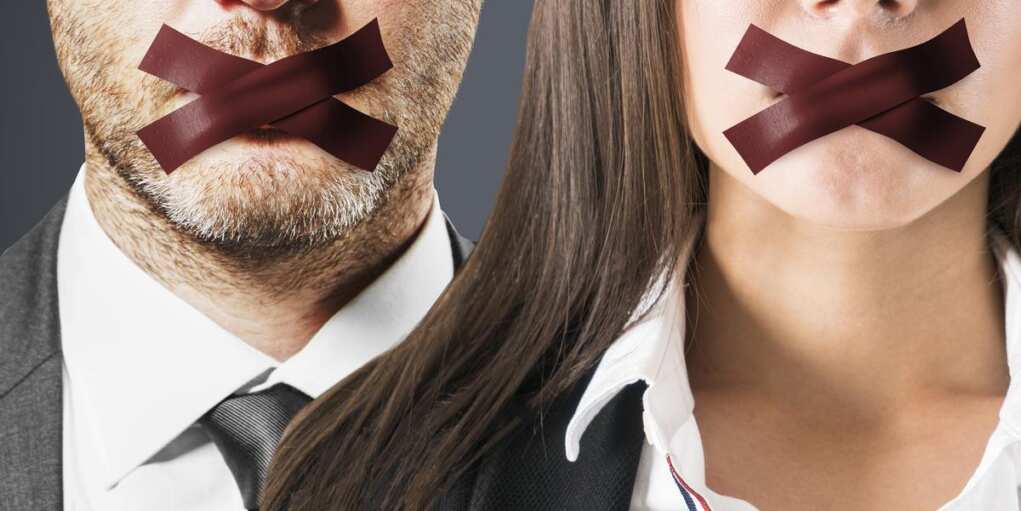Judge Shreds Newsom—Free Speech Victory Stops Deepfake Censorship

A federal judge in California threw out AB 2655 and AB 2839, sweeping laws Newsom signed last year to target so-called “deepfake” videos of politicians. The ruling says the state crossed clear constitutional lines by trying to police political speech before voters ever saw it.
The background matters. Newsom pushed the bills after Elon Musk shared a spoof campaign ad mocking then–Democrat presidential candidate Kamala Harris. Musk shot back that he had consulted with “Professor Suggon Deeznutz” and was told parody is still “legal in America.” The Babylon Bee joined the fray with a fake campaign video—and then helped haul the state to court.
Judge John Mendez of the Eastern District of California was not persuaded by Sacramento’s carveouts or disclaimers. In a blunt opinion, he wrote: “The Court finds that AB 2839 discriminates based on content, viewpoint, and speaker and targets constitutionally protected speech.”
He warned the law criminalized speech before any real harm, handing gatekeepers a veto on satire and criticism. “Rather than targeting content that procures tangible harms or materially benefits a speaker, AB 2839 attempts to stifle speech before it occurs or actually harms anyone as long as it is ‘reasonably likely’ to do so and it allows almost anyone to act as a censorship czar.”
The judge underscored how easily the statute would swallow humor and commentary. “AB 2839’s expansive terms capture even satire or parody videos since the law does not require that the parody in fact does fool or mislead someone.” And he dismantled the state’s claim that a disclaimer would save jokes: “Moreover, the State’s contention that parody and satire are excepted is unpersuasive because AB 2839 … imposes a disclaimer requirement on parody or satire that is independently suspect. … Put simply, a mandatory disclaimer for parody or satire would kill the joke.”
AB 2839 targeted any video that portrayed a candidate “as doing or saying something that the candidate did not do or say if the content is reasonably likely to harm the reputation or electoral prospects of a candidate,” with narrow exceptions. AB 2655 forced “large online platforms” to “block the posting of materially deceptive content related to elections in California” around election periods, defining deception to include “deepfakes.”
Judge Mendez struck both—one for viewpoint-based censorship, the other for forcing platforms to police protected speech despite federal protections. As noted in coverage, he found AB 2655 ran into the Communications Decency Act, which shields companies from being turned into state speech cops through backdoor mandates.
The ruling is a major free speech win in the country’s biggest blue state. It also exposes a pattern: politicians who preach “democracy” while trying to muzzle the voters’ right to mock, criticize, and debate. California’s attempt to pre-approve political content didn’t just miss the mark—it rewrote the First Amendment in favor of incumbents.
Supporters of the laws will say technology changed the game. The court answered that the Constitution still calls the plays. Political speech—including satire and parody—is at the core of what the First Amendment protects. If the remedy for bad speech is more speech, Sacramento can’t swap in censorship and call it “safety.”
The case also highlights a familiar split: legacy media cheering new controls, while independent voices insist that voters are smart enough to tell a joke from a lie. Parody keeps the powerful honest. If bureaucrats can slap “misleading” on anything that hurts their prospects, there’s no limit to what they can ban next.
For conservatives, this is exactly the kind of win that keeps the country free. The judge sided with the Constitution, not California’s censors. Musk’s point—that parody is still “legal in America”—got a courtroom echo. And the Babylon Bee’s challenge helped force a reckoning Newsom didn’t expect.
Newsom likes to paint his opponents—especially President Donald Trump—as enemies of freedom. Yet again, a court found his own policies violated fundamental rights, just as happened when his pandemic rules trampled religious worship. The message is simple: you don’t protect “democracy” by silencing voters.
California tried to chill political humor and criticism. The court said no. That’s how it should be in a free nation—where citizens, not politicians, decide what’s persuasive, what’s funny, and what’s true.

